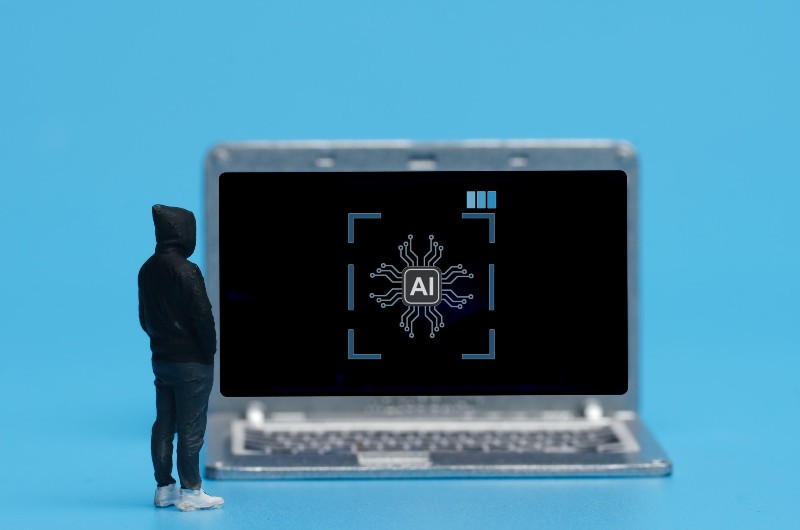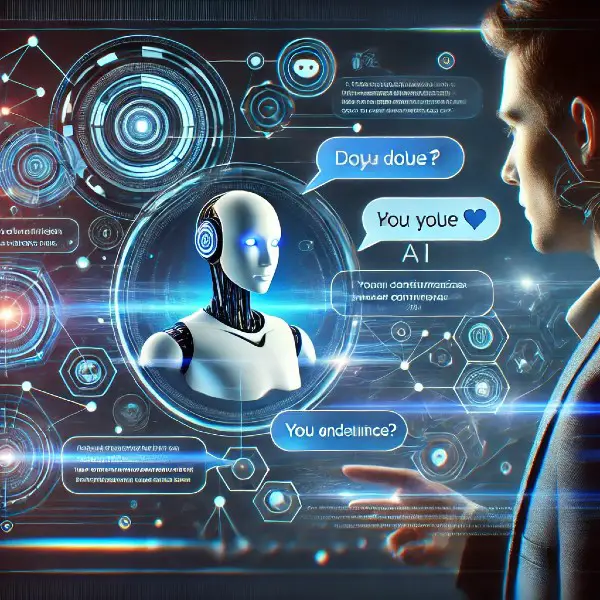Introduction:
AI Horizon In today’s rapidly evolving digital landscape, the intersection of artificial intelligence (AI) with healthcare and business sectors presents both unprecedented opportunities and challenges. As AI continues to permeate every aspect of these fields, ensuring robust digital security has become paramount. The rise of AI-powered tools and technologies has not only revolutionized operations but also introduced new vulnerabilities, making digital security a critical area of focus.
AI Horizon Impact on Healthcare Security:
The healthcare industry, with its sensitive patient data and critical systems, is particularly vulnerable to cyber threats. AI-driven solutions offer enhanced capabilities in diagnosing and treating diseases, but they also open doors to potential breaches. Cybersecurity in healthcare must evolve in tandem with AI advancements to safeguard patient privacy and data integrity. Integrating AI into security protocols can help predict and mitigate risks, but it also requires continuous adaptation to counteract the growing sophistication of cyber-attacks.
Business Challenges in Digital Security:
For businesses, the integration of AI into their operations brings efficiency and innovation but also amplifies the need for robust digital security strategies. AI systems often process large volumes of data, including sensitive business and customer information, which can be targeted by cybercriminals. Companies must invest in AI-driven security solutions that can detect anomalies and protect against threats in real-time. As AI technologies become more complex, businesses must remain vigilant and proactive in their security measures.
Balancing Innovation with Protection:
The dual challenge of embracing AI’s potential while ensuring digital security requires a delicate balance. Healthcare providers and businesses must collaborate with cybersecurity experts to develop AI systems that are both innovative and secure. This includes implementing encryption, multi-factor authentication, and continuous monitoring to protect sensitive data. As AI continues to evolve, so too must the strategies to safeguard against emerging threats.
The Future of AI and Digital Security:
Looking ahead, the integration of AI in digital security will only intensify. AI’s ability to learn and adapt will be crucial in anticipating and countering cyber threats. However, as AI systems become more autonomous, ensuring they are ethically designed and securely implemented will be essential. The future of AI in healthcare and business depends on building trust through transparent and secure practices.
Conclusion:
As AI continues to revolutionize healthcare and business, the need for robust digital security cannot be overstated. By adopting a proactive approach and integrating AI-driven security solutions, organizations can navigate the challenges of the digital age while reaping the benefits of AI innovation. The future of digital security lies in the harmonious integration of AI technologies with ethical and secure practices.
Reference
- AI Horizon in Healthcare: The integration of AI in healthcare has reached a pivotal point, where its potential to revolutionize patient care is both exciting and daunting. According to Harvard Business Review, the AI horizon in healthcare is defined by innovations that can enhance diagnostic accuracy, streamline clinical workflows, and improve patient outcomes. However, these advancements also come with challenges related to data privacy, ethical considerations, and the need for rigorous validation of AI tools. As AI continues to evolve, healthcare systems must balance the benefits with the inherent risks.
- AI Horizon and Ethical Implications: As AI technology advances, it’s critical to address the ethical implications that arise at the AI horizon. A report by The Brookings Institution highlights the importance of transparency, accountability, and fairness in AI systems, particularly in public sectors such as healthcare. The report discusses how AI’s potential to improve efficiency and decision-making must be tempered with strong ethical guidelines to prevent biases and ensure equitable access to AI-driven innovations.
- AI Horizon and Future Opportunities: The AI horizon is not only about the current state of technology but also about the future possibilities it presents across various industries. McKinsey & Company explores how AI is poised to unlock new opportunities, from enhancing customer experiences to driving operational efficiencies. As industries navigate the AI horizon, they must remain agile and adaptable, embracing the technology while addressing the challenges it poses, such as workforce displacement and the need for reskilling.









